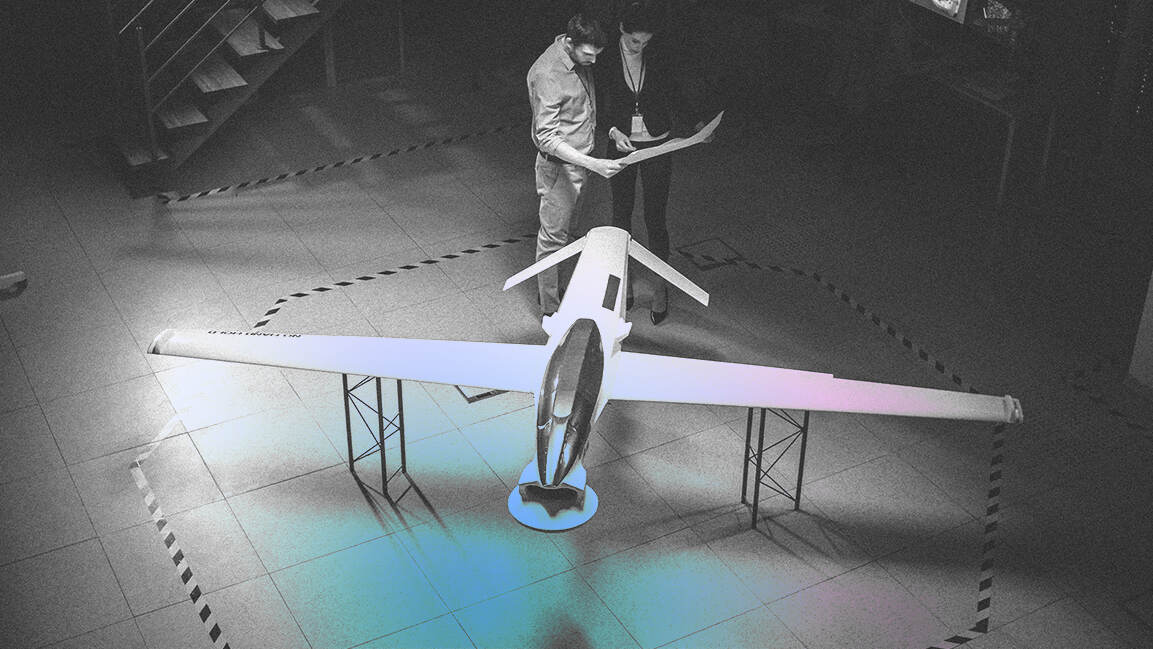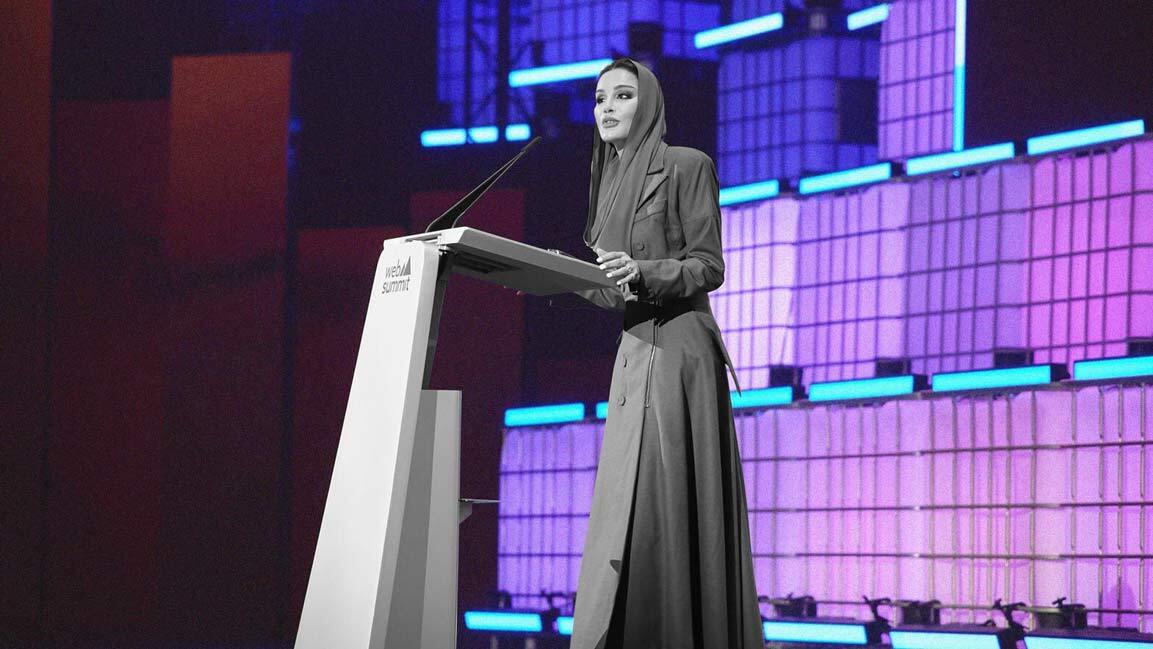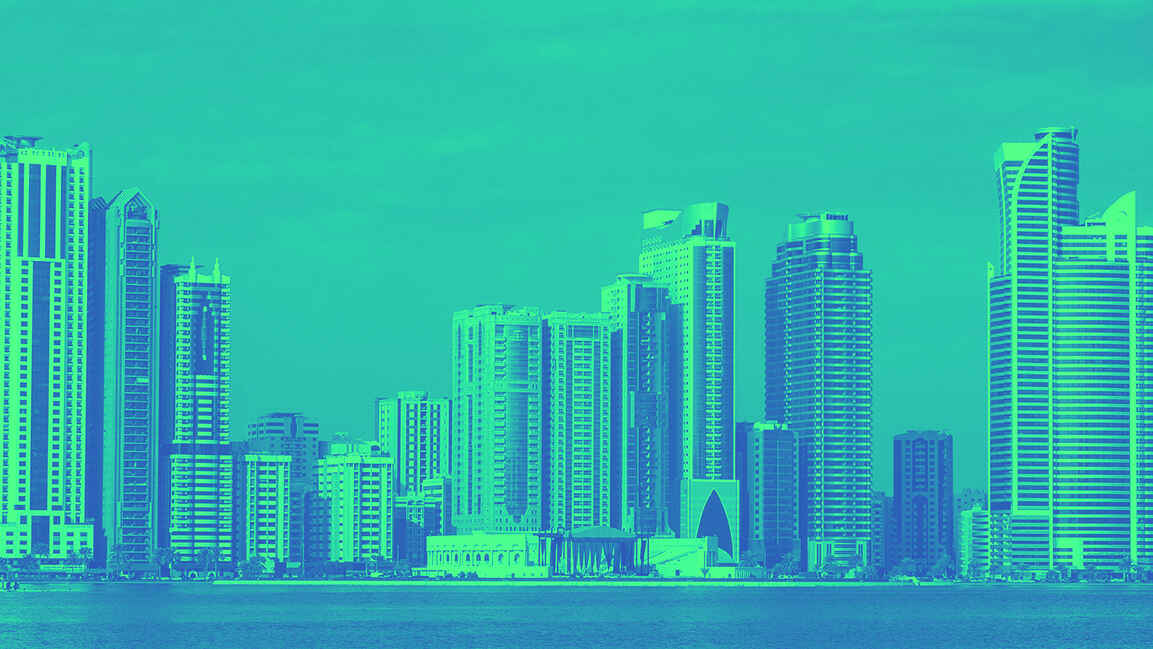- | 1:00 pm
Kuwait targets carbon neutrality by 2060 with new sustainability initiatives
As part of its environmental strategy, Kuwait has strengthened ties with China on low-carbon tech, recycling, renewables, and wastewater.

Kuwait is making environmental sustainability a priority in its development plans and future programs. Over the past two years, the government has intensified efforts to implement sustainable policies, guided by the directives of Emir Sheikh Meshal Al-Ahmad Al-Jaber Al-Sabah.
As part of its environmental strategy, Kuwait has expanded cooperation with China on low-carbon technologies, waste recycling, renewable energy, and wastewater infrastructure, in line with its Vision 2035 goals.
In November 2023, the Environmental Public Authority (EPA) launched Kuwait’s 2050 Low-Carbon Strategy with support from the United Nations, making it the second Gulf state to present such a plan under the UNFCCC. The initiative aligns with Kuwait’s goal of achieving carbon neutrality by 2060.
A key milestone came with the release of the country’s first State of the Environment report last year, produced in collaboration with the UN. The report assessed seven priority areas, including climate change, waste management, and biodiversity, marking progress in environmental monitoring and interagency cooperation.
The EPA has initiated four strategic projects, including a comprehensive waste management strategy and anti-desertification measures, to advance sustainable development and strengthen public-private partnerships in environmental action.
Sustainable urban planning is also taking shape through the Fourth Structural Plan (2040 Master Plan), which supports green building initiatives aimed at enhancing quality of life.
Kuwait has strengthened its environmental legislation to protect natural resources, curb air pollution, identify pollution sources, and penalize harmful practices. At the recent Sustainable Energy Conference, Minister of Electricity, Water, and Renewable Energy Sabeeh Al-Mukhaizeen reaffirmed Kuwait’s target of generating 50% of its electricity from renewable sources by 2025.
Key initiatives include major projects like the Shagaya Renewable Energy Park and mandates requiring facilities to produce at least 10% of their power from renewable sources.
The country is also advancing greening efforts, with the Public Authority for Agriculture Affairs and Fish Resources leading tree planting campaigns along borders and in public spaces to combat desertification, reduce pollution, and expand green cover using drought-resistant plants.
Sami Dimassi, the UN Environment Program’s Regional Director for West Asia, praised Kuwait’s collaboration with the UN in shaping proactive environmental strategies. Ghada Al-Taher, the UN Resident Coordinator in Kuwait, commended the country’s active role in addressing critical issues such as desertification, water scarcity, and biodiversity loss.































